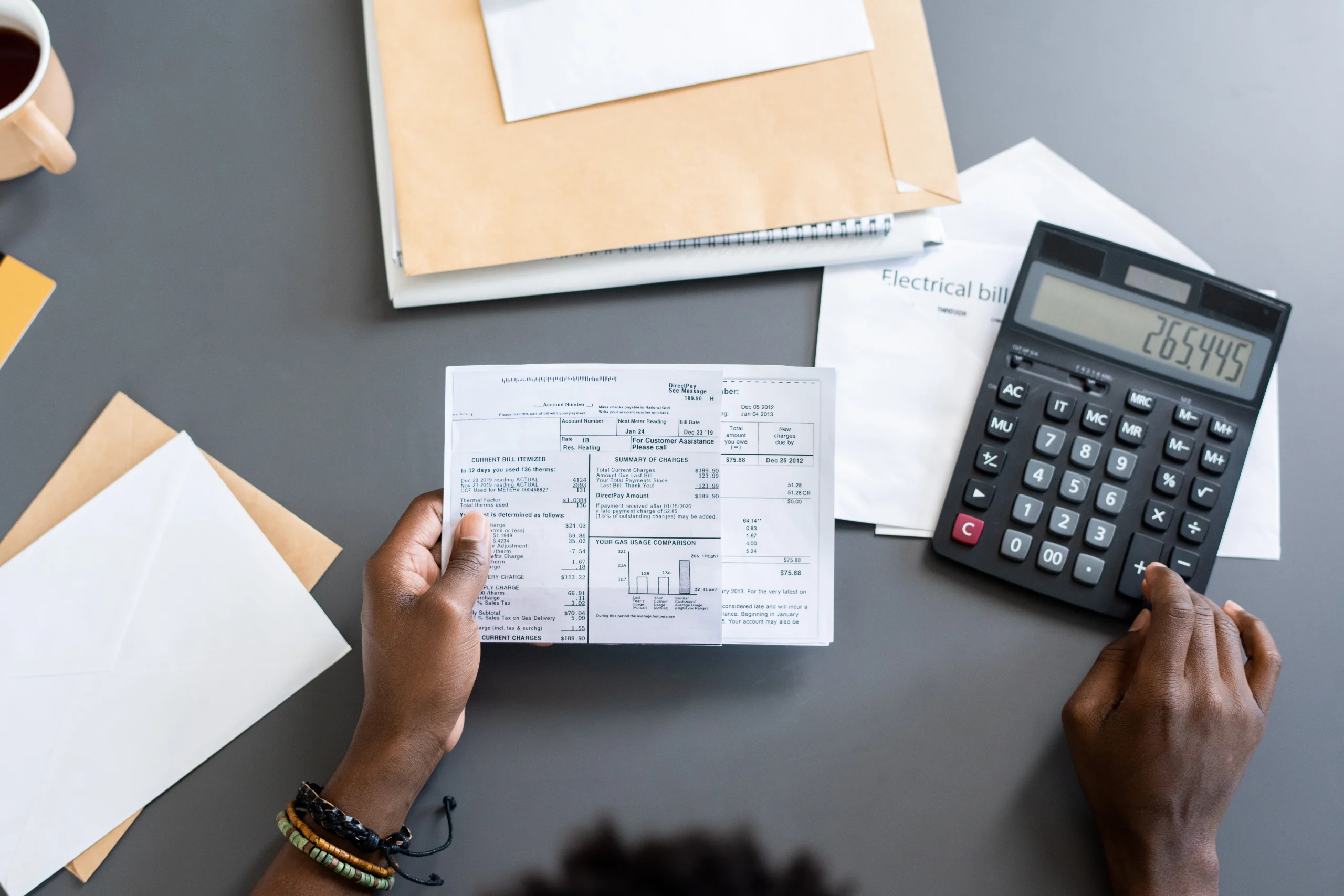
Preparing for Tax Time: Tips for Small Business Owners
GS
As a small business owner, you’re likely juggling many responsibilities at once. Managing your taxes might not be the most exciting part of running your business, but it’s certainly one of the most important. This guide will help you prepare for tax time in Australia with practical advice and a straightforward approach.
Why tax preparation matters
Taking the time to properly prepare for taxes in advance will leave you less stressed. It has several important benefits, such as:
- Helps you avoid penalties and interest chargea
- Ensures you claim all eligible deductions
- Provides better visibility of your financial position
- Reduces stress during tax season
- Allows you to focus on running your business
Having these all under your control before tax time will ease your worries and make the entire tax season much more manageable.
Understanding the Australian tax timeline
When is tax time? In Australia, tax time runs from July to October each year. Everyone who earns money needs to lodge a tax return (or a non-lodgment advice) with the ATO before October 31st. Your tax return covers the financial year from July 1st to June 30th. The tax return processing times at the ATO vary from person to person.
Important note: If your income falls under the tax-free threshold and no tax has been withheld from your earnings, you may not need to lodge a tax return. Instead, you can submit a non-lodgment advice to the ATO. However, most small business owners will exceed this threshold.
Planning ahead: Your tax preparation timeline
The key to stress-free tax lodgment is preparation. Here’s what you should do in the months leading up to the deadline:
3-4 Months Before Deadline (July-August)
1. Organise your financial records
– Separate business and personal expenses
– Collect receipts, invoices, bank statements, and payment summaries
– Update your accounting software with any missing transactions
2. Review your business structure
– Check if your current structure (sole trader, company, partnership, trust) is still appropriate
– Consider speaking with a tax professional if your business has changed significantly
3. Verify your registration details
– Ensure your ABN and business details are current with the ATO
– Check your GST registration status if applicable
2 Months Before Deadline (September)
1. Estimate your tax liability
– This helps avoid surprises when it’s time to pay
– Start setting aside funds if needed
2. Review potential deductions
– Home office expenses
– Vehicle and travel expenses
– Staff costs
– Asset depreciation
– Professional development and subscriptions
– Insurance premiums
– Remember that business expenses must be directly related to earning income
1 Month Before Deadline (October)
1. Finalise your bookkeeping
– Reconcile all accounts
– Check that income and expenses are correctly categorised
2. Schedule a time with your accountant
– Book early, as accountants get very busy during tax season
– Prepare questions about your specific situation
Once these steps are complete, make sure it’s all submitted before the deadline.
Common tax deductions for small businesses
There are a couple of common deductions that can happen to small businesses that you may not be aware of. Be aware of reporting:
– Operating expenses (rent, utilities, supplies)
– Digital expenses (software subscriptions, website hosting)
– Marketing and advertising costs
– Professional services (legal, accounting)
– Start-up costs (if you’re a new business)
– Superannuation contributions
– Bad debts
Staying on top of these will keep you clean and legal.
Simple record-keeping tips
Good record-keeping makes tax time much easier. Why? Because you have everything reported in one place and it’s easier to get it all submitted to the government. Some ways to simplify your record-keeping process could be:
– Use accounting software designed for small businesses
– Take photos of receipts immediately and store them digitally
– Set up separate business bank accounts and credit cards
– Schedule regular time (weekly or monthly) to update your records
– Back up your financial data regularly
Getting help when you need it
Don’t hesitate to seek professional help when needed. Consider hiring a bookkeeper for ongoing record-keeping to maintain accurate financial data throughout the year. For complex situations or strategic planning, consulting with a tax accountant can save you money in the long run. The ATO offers valuable small business resources and a dedicated helpline specifically for business owners. Additionally, joining small business networks can provide opportunities to share experiences and learn from others facing similar tax challenges.
Looking ahead: year-round tax planning
Tax preparation isn’t just an annual event. Consider making quarterly tax planning reviews part of your business routine to stay on top of your finances. Set up regular reminders for BAS and PAYG instalments to avoid missing important deadlines. It’s also important to keep up with tax law changes that might affect your business, as regulations can shift from year to year. When making major business decisions, always consider how these choices might impact your tax position before finalising plans.
Finding your ideal work environment
Having the right space to manage your business affairs can make tax preparation much less stressful. A dedicated workspace helps you stay organised and focused.
Looking for the perfect place to set up your small business? Work East, a modern co-working space in Box Hill, offers the ideal environment to grow your business and manage your administrative tasks. With dedicated desks, meeting rooms, and a community of like-minded entrepreneurs, you’ll find everything you need to succeed.
Click here to contact us and discover how our co-working space can support your business journey. Remember, staying on top of your tax obligations throughout the year makes tax time much easier when October rolls around. A little preparation goes a long way!

